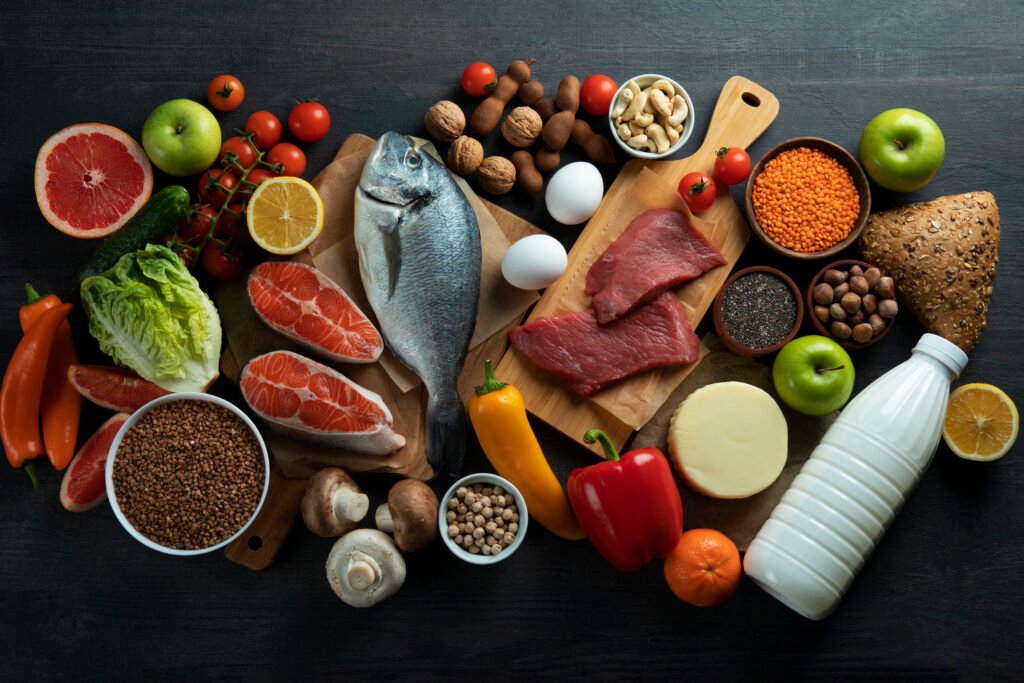
Protein, is a macronutrient that is widely used by the body. Hence, it is an essential part of the body’s building block. This comprehensive guide will give you the opportunity to penetrate the realm of protein to review its significance and choose the best foods from the list that have protein present in high amount. Join us to find out about the health and wellness benefits of protein, it’s power, and property.
What is Protein?
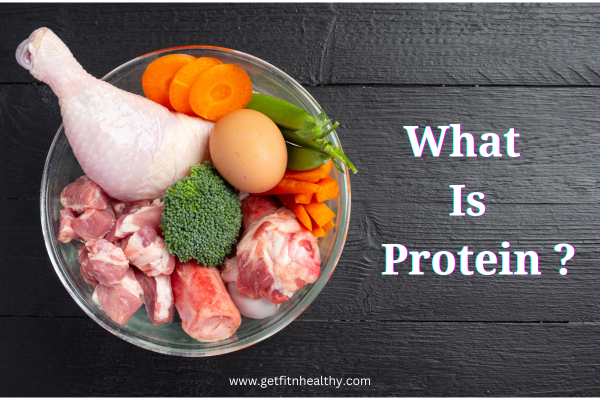
Protein is one of the three macronutrients mandatory for the body to function properly: the others being carbohydrates and fats. As it is constituted of amino acids, this substance helps building body parts like skin, hair, muscles, hormones, and enzymes. Since it provides our bodies the most vital run and renovation material, its importance far surpasses its beauty.
The Importance of Protein:
Muscle Building and Repair :
Protein not only helps to build muscles but also muscles repair. Such appellation comes as a blessing especially to those who are health and fitness conscious and would find it easy to pursuit the muscle growth.
Satiety and Weight Management :
Foods that are loaded with protein contain this prolonged satisfied effect that keeps filling anyone for a long time. This aspect especially may be is a really important factor for maintaining and getting weight.
Cell and Tissue Repair :
Protein is vital in the healing and the restoration of the weak or damaged cells which is the key to the body’s return to a normal condition after experiencing an illness or an accident.
Immune System Support :
Proteins are the building materials of the immune system and the infrastructure without which the immune system would fail. In that case, prodigy serves as a sign of supporting the struggle with pathological incidents and infections.
Enzymes and Hormones :
Those amino acid and peptide chains are called proteins, which later become the hormones and enzymes. These hormones and enzymes regulate different biological processes in the body. These nutrients offer biological mechanisms essential for waking, eating, and equilibrium.
High Protein Foods:
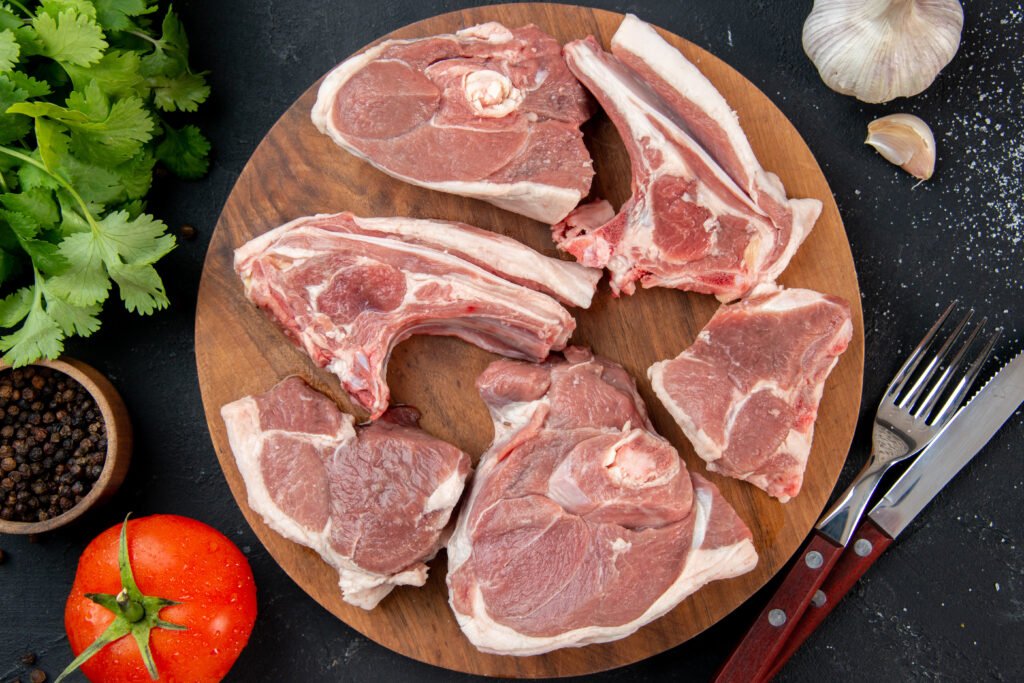
Lean Meats: Chicken, turkey, and lean cuts of beef are the best protein sources which are low in fat, and contain amino acids. They approximately supply 30 grams of protein in every 100 grams which makes them an excellent sources of lean protein.
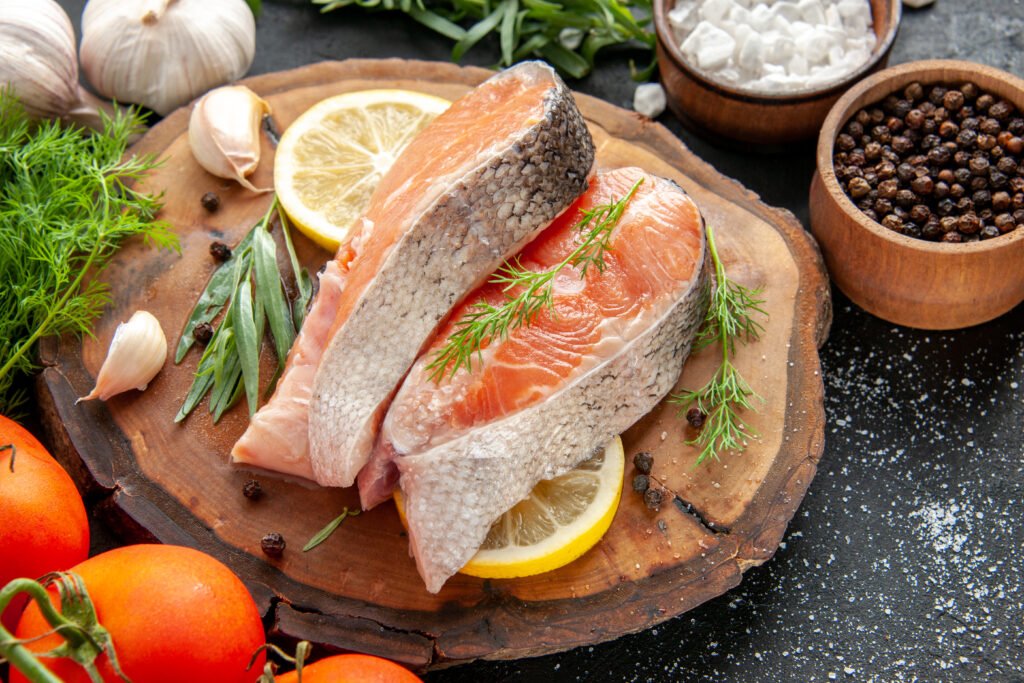
Fish: The fatty fish such as salmon and mackerel, in addition to providing protein, they have heart-healthy omega-3 fatty acids as well.Salmon and mackerel for instance, have protein prevalent in them, and they provide heart-healthy omega-3 fatty acids as well.
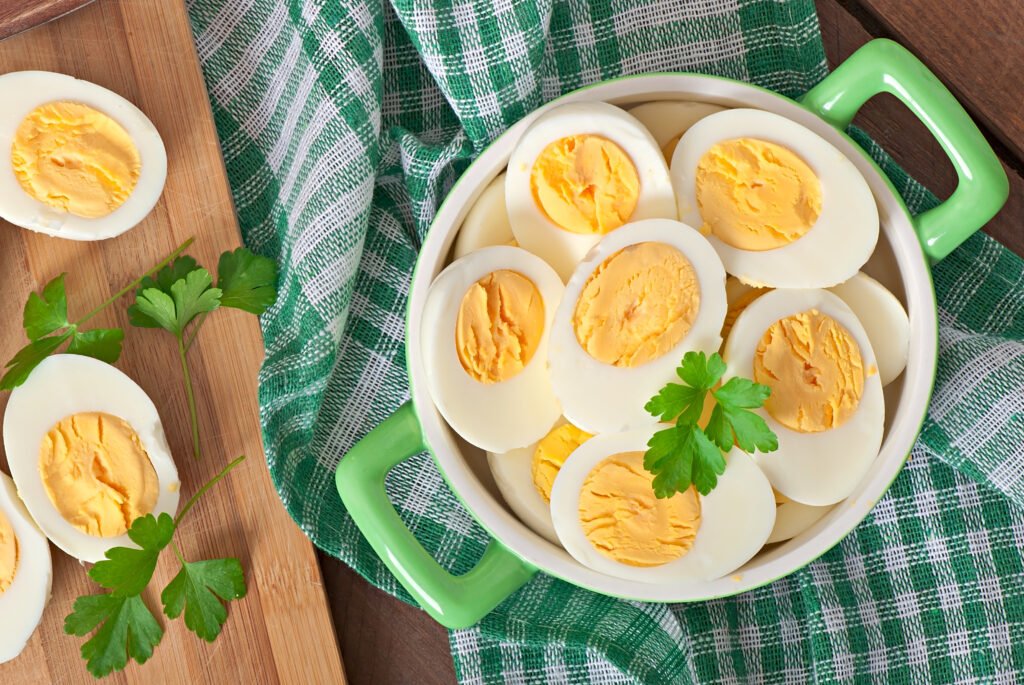
Eggs: Eggs are nutritionally developed food that the body can digest easily. It is a complete protein source that the body can absorb, offering 13 grams of proteins per 100grams.
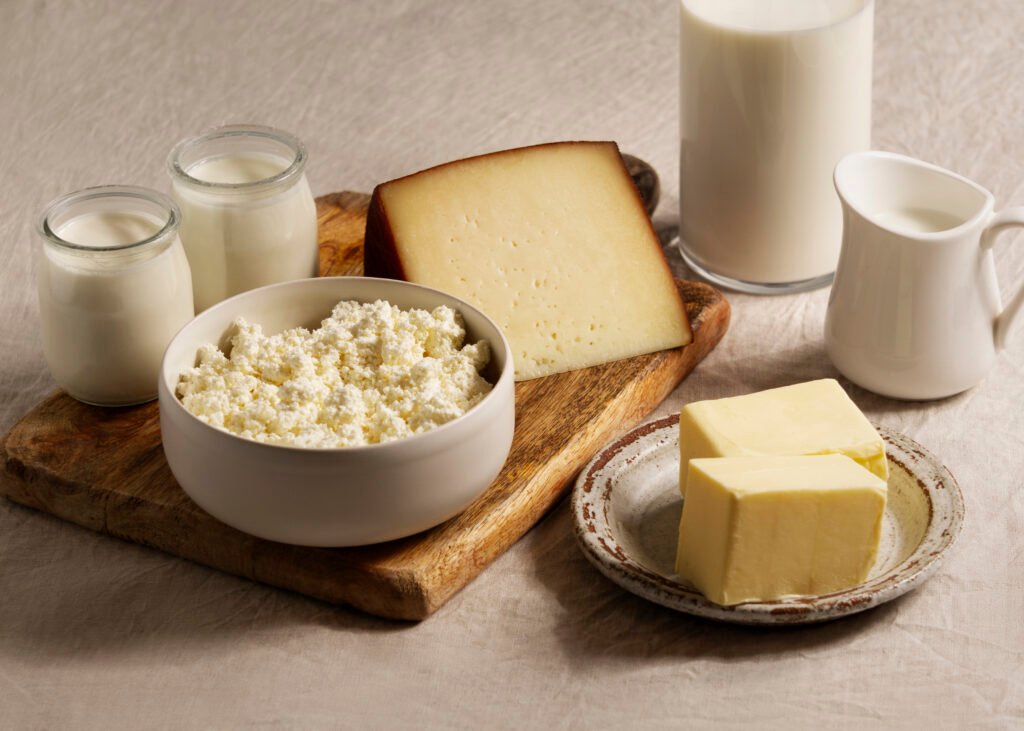
Dairy Products: Greek yogurt and cottage cheese with regard to their protein measurements may contain between 10-15 grams per 100 grams which could act as your dietary keystones.
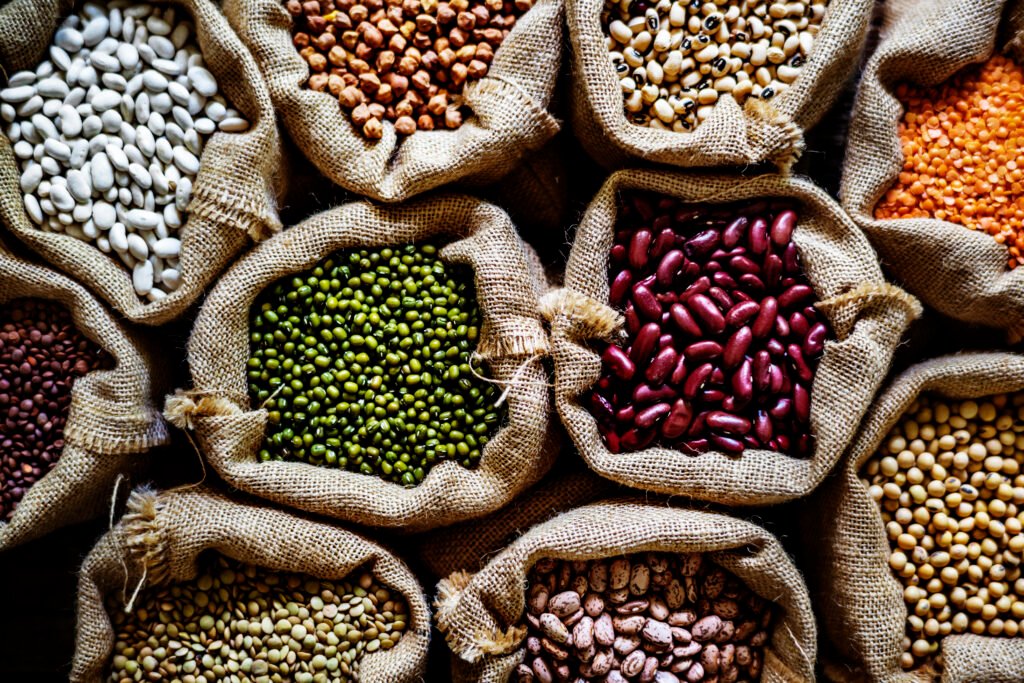
Legumes: Beans, lentils or chickpeas are plant-based protein sources which are optimal for vegetarians and vegans. Beans, lentils and chickpeas contain approximately 7-9g of protein per 100g.
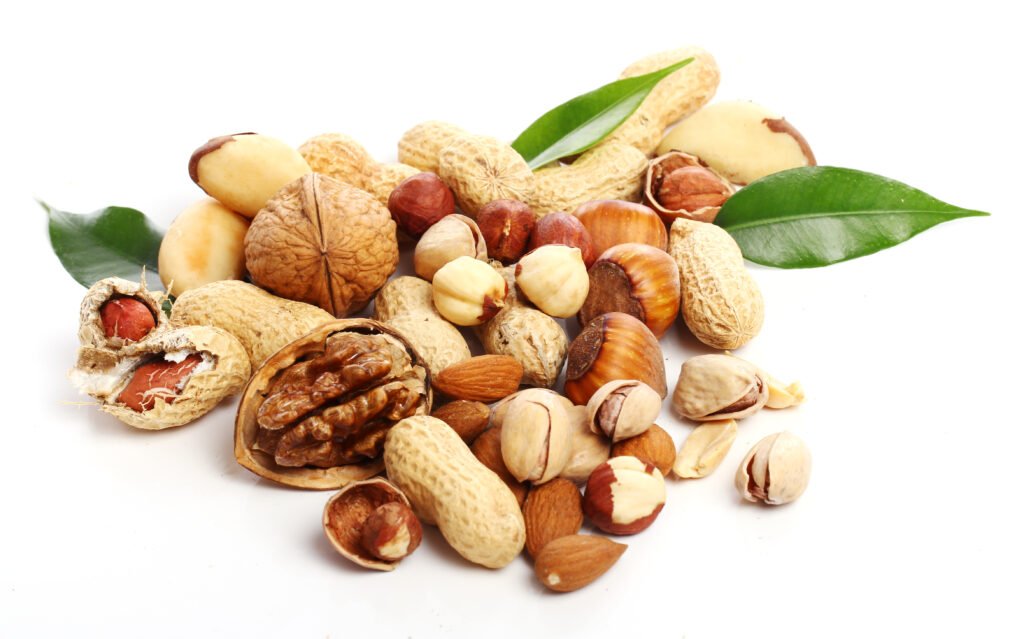
Nuts and Seeds: Nuts, like almonds, peanuts, chia seeds and flaxseeds, not only provide protein, but also supply healthy fats. With this, nuts and seeds provide around 15-25 grams of protein per 100 grams, along with good fats.
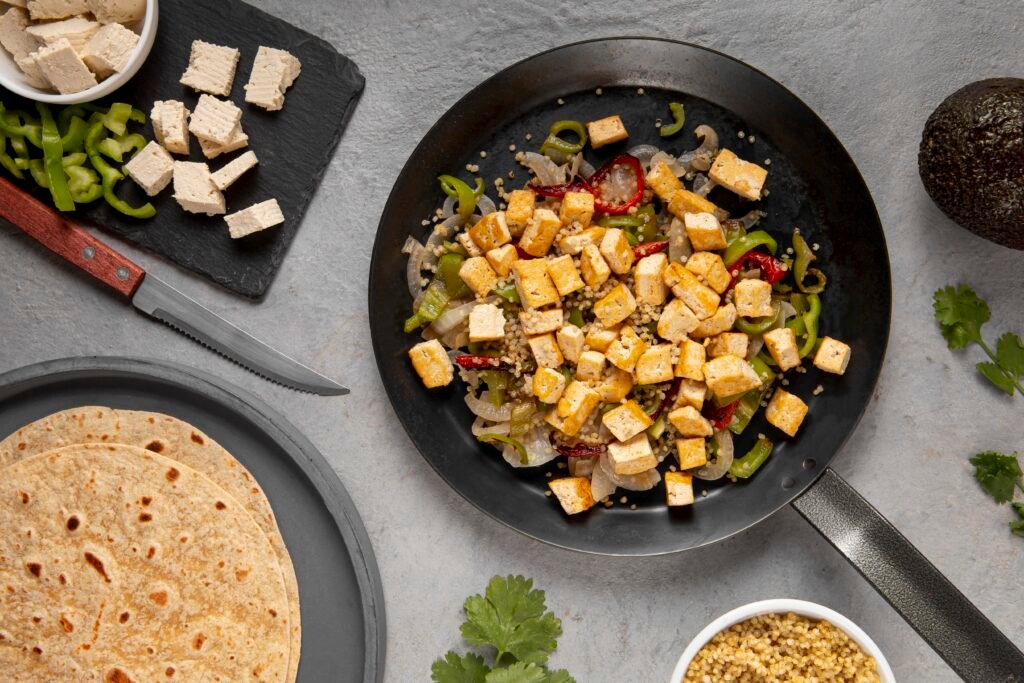
Soy-based products: These soy products are highly regarded by people who love protein nutrients including vegetarians and vegans.They provide 8-19 grams of protein per every 100 grams.
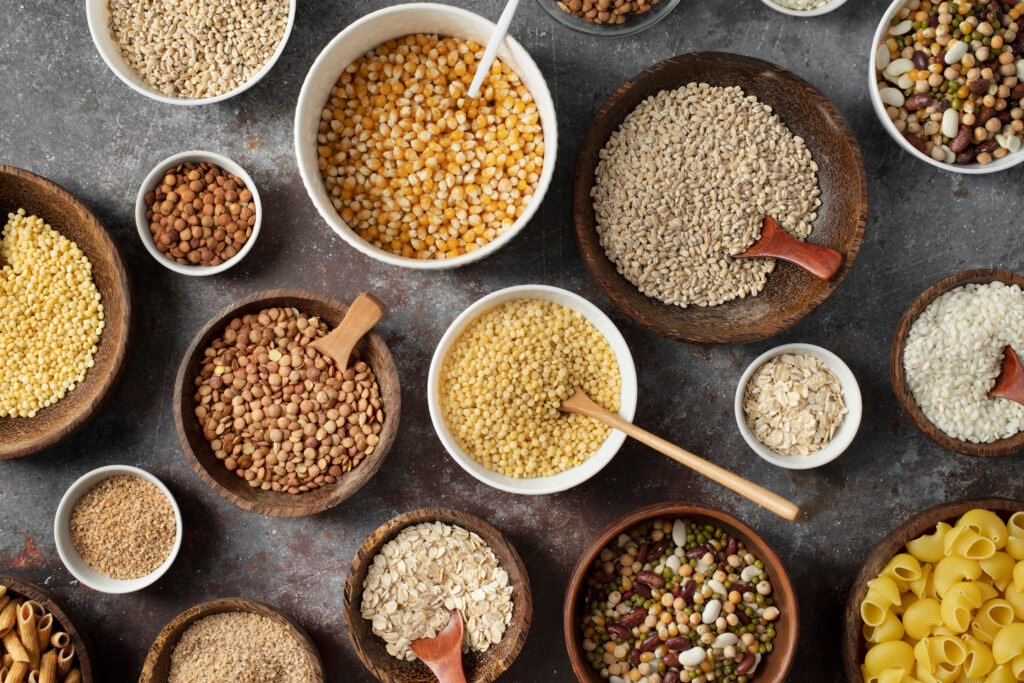
Whole grains: It is a distinguished whole grain because it is a perfect source of protein which consist of all of the essential amino acids and also contains about 14 grams of protein per 100 grams.
Also Read – Six pack abs Workout at Home
The protein surely stands among the most fundamental foods that are in any healthy and balanced diet. It has a wide variety of functions in the body that help with weight control, general health, as well as growth and repair of muscles. It is worthwhile taking a quick look at the advantages that come with eating meals rich in protein since it is another important macronutrient for healthy bodies.
Frequently Asked Questions (FAQs)
1. Protein in kala chana per 100g ?
Kala chana, also known by the names of black chickpeas or black gram, is a great proteins source of the plant. The protein content of kala chana per 100 gm is approximately 7.6 gm. It has not only protein-rich but fiber, vitamins, and mineral too which would be a good choice for a balanced diet.
2. How much protein does 150 gm chicken contain ?
The protein amount in chicken may fluctuate by the cut of meat (breast, thigh, drumstick etc.) and whether it is cooked with or without the skin. Chicken breast fillet that is skinless and boneless has on average 31 grams of protein per 100 grams, so for 150 grams of boneless and skinless chicken breast, you would get approximately 46.5 grams of protein.
3. How much protein do I need daily?
Protein needs differ from individual to individual due to age, gender, physical activity, and own personal objectives. Usually the RDA (Recommended Dietary Allowance) for protein is at the level of 0.8 grams of protein per kilogram of body weight. Contrary to that, highly physically engaged people and those who want to grow muscle might all the more need them.
4. Can I get enough protein on a vegetarian or vegan diet?
Absolutely. Lots of plant-based proteins could be ingested including beans, lentils, tofu, tempeh, quinoa, as well as nuts and seeds. The individual as well following the right planning can achieve his protein needs with vegetarian or vegan diets.
5. Are high protein diets safe for everyone?
High protein diets usually is a safe way of dieting if the dieter doses it when required. Nonetheless, some medical conditions, mainly kidney disease, tend to lead individuals to seek the opinion of their doctor before significantly escalating their protein intake.
6. What are the benefits of consuming high protein foods for weight management?
High-protein foods help fill people up and create feelings of complete satisfaction. This might cut down the total number of calories consumed. This functioning can work wonders for weight loss and weight control as well.
7. Can I overconsume protein, and are there any side effects of excessive protein intake?
Yet, a higher protein diet is mostly safe, although large amounts of protein may aggravate the kidneys and can lead to calcium loss from the bones. The critical factor remains eating a balanced diet and not cheating on protein.
8. How can I calculate my daily protein needs?
To determine the minimum amount of protein you need each day multiply your weight in kilograms by a factor of between 0.8-2.2 (according to your level of activity and goals).
9. How can I incorporate high protein foods into my daily meals?
High in protein foods are compatible in different kinds of breakfast and other snacks meals. Likewise, some meal ideas you can have in the morning are Greek yogurt for breakfast, chicken salad for lunch, and beans or tofu with some veggies in stir-fry for dinner. However, some protein-rich snacks, such as nuts and seeds, also work well for this purpose.







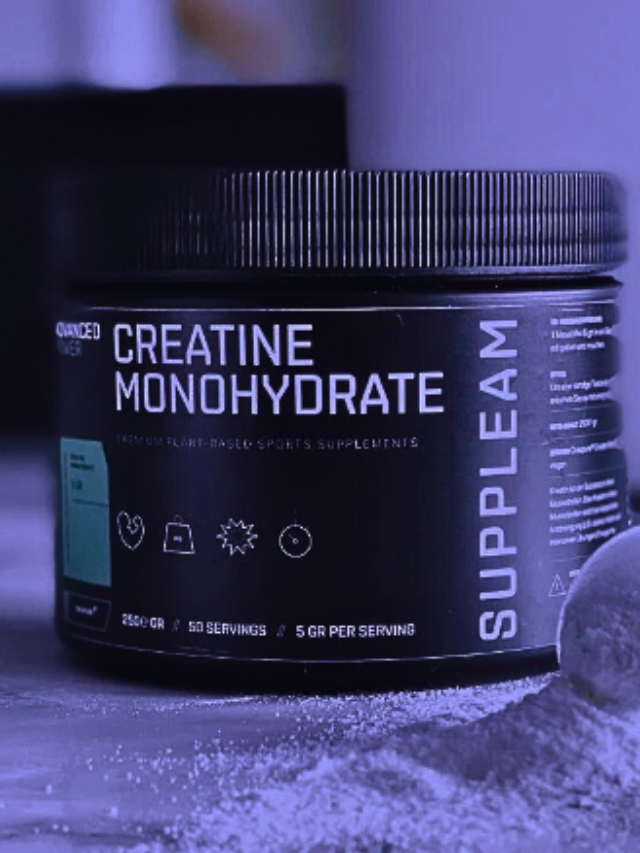


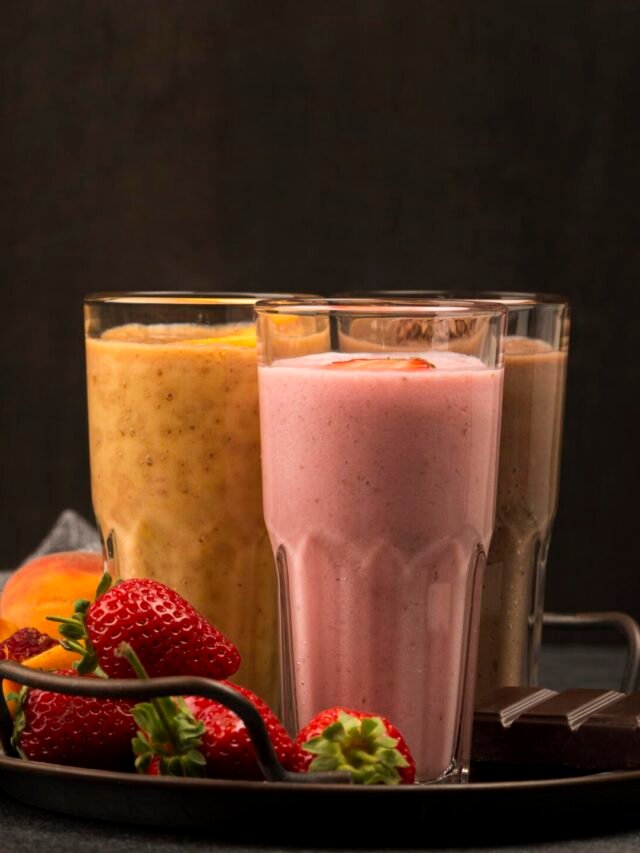
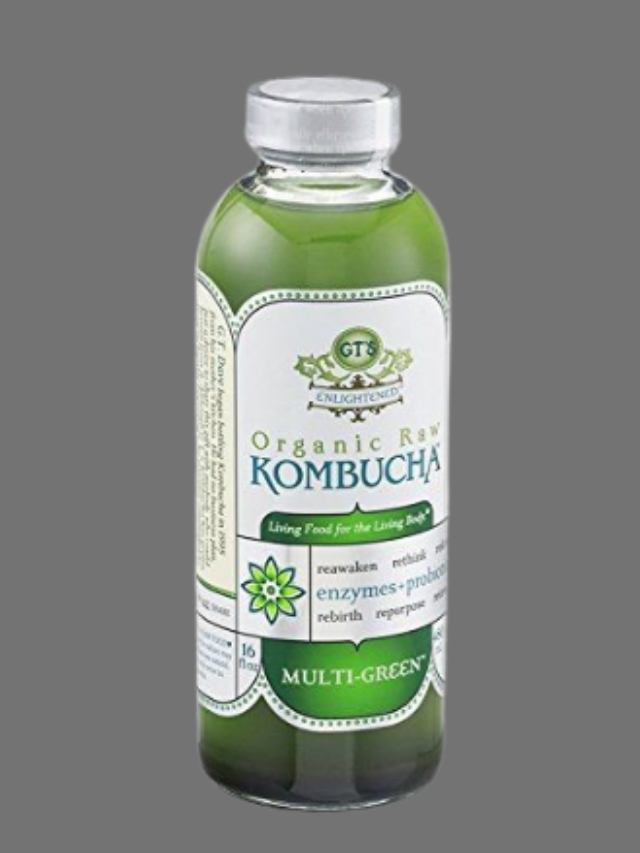

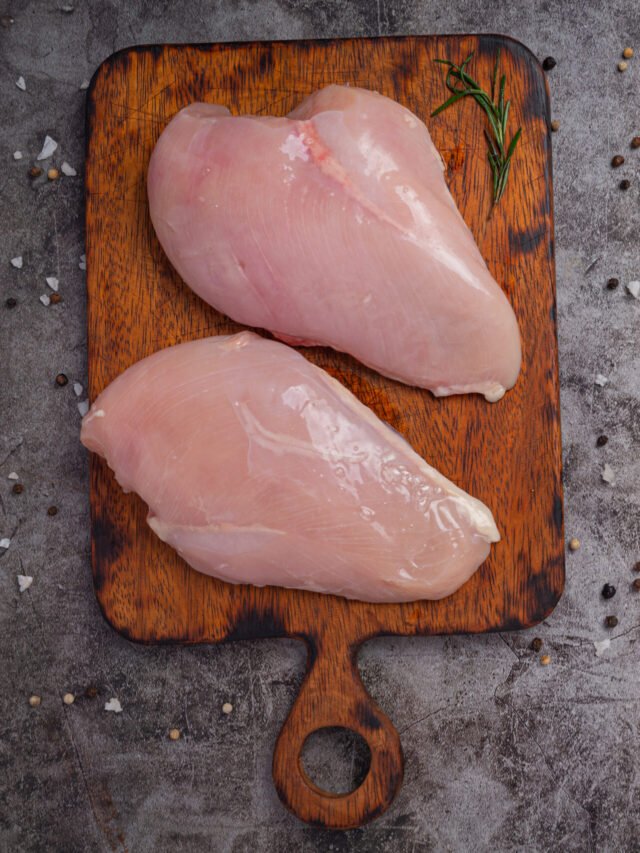

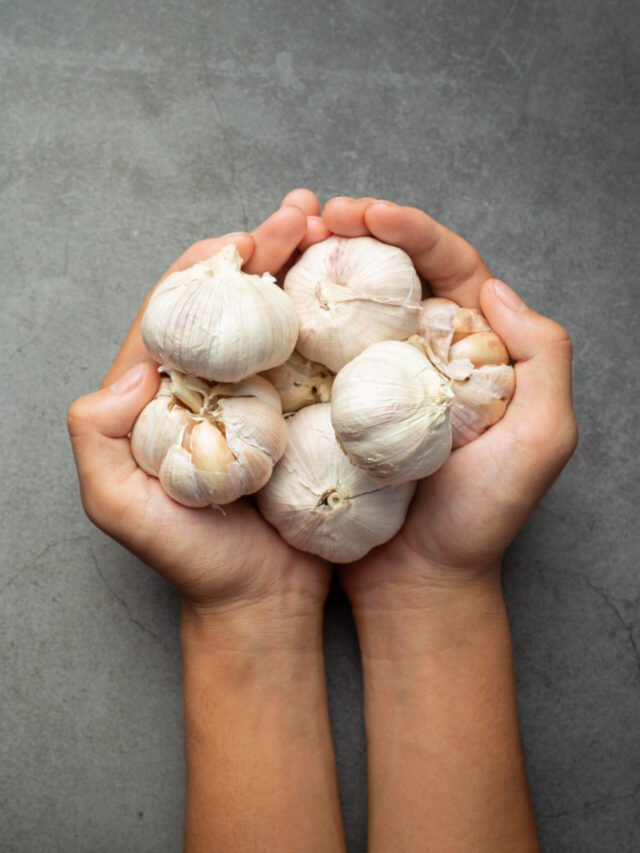


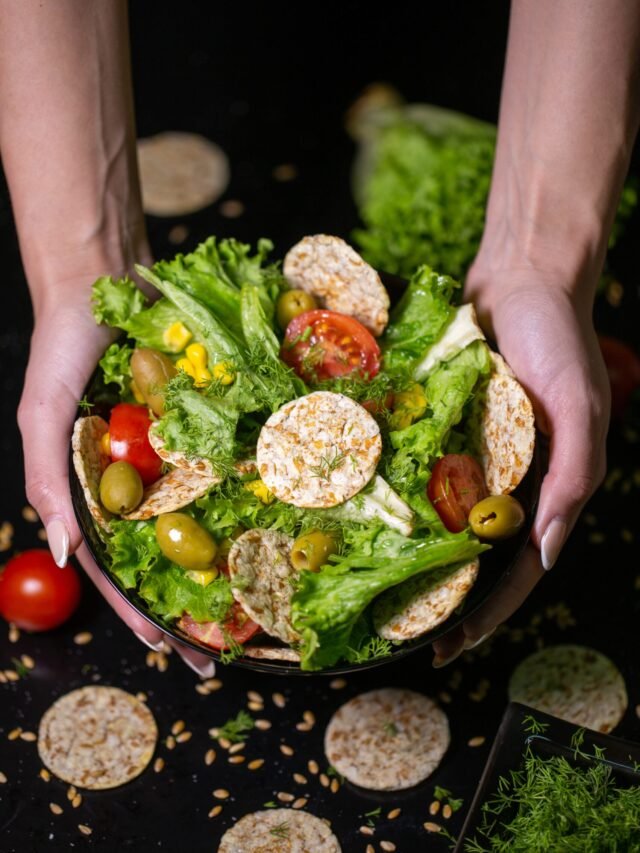


Pingback: Workout Plan | 7 Day Gym Workout Plan -
Pingback: 5 Types of Food That Should Be Consumed Daily in a Healthy Diet
Pingback: Red Spinach Benefits